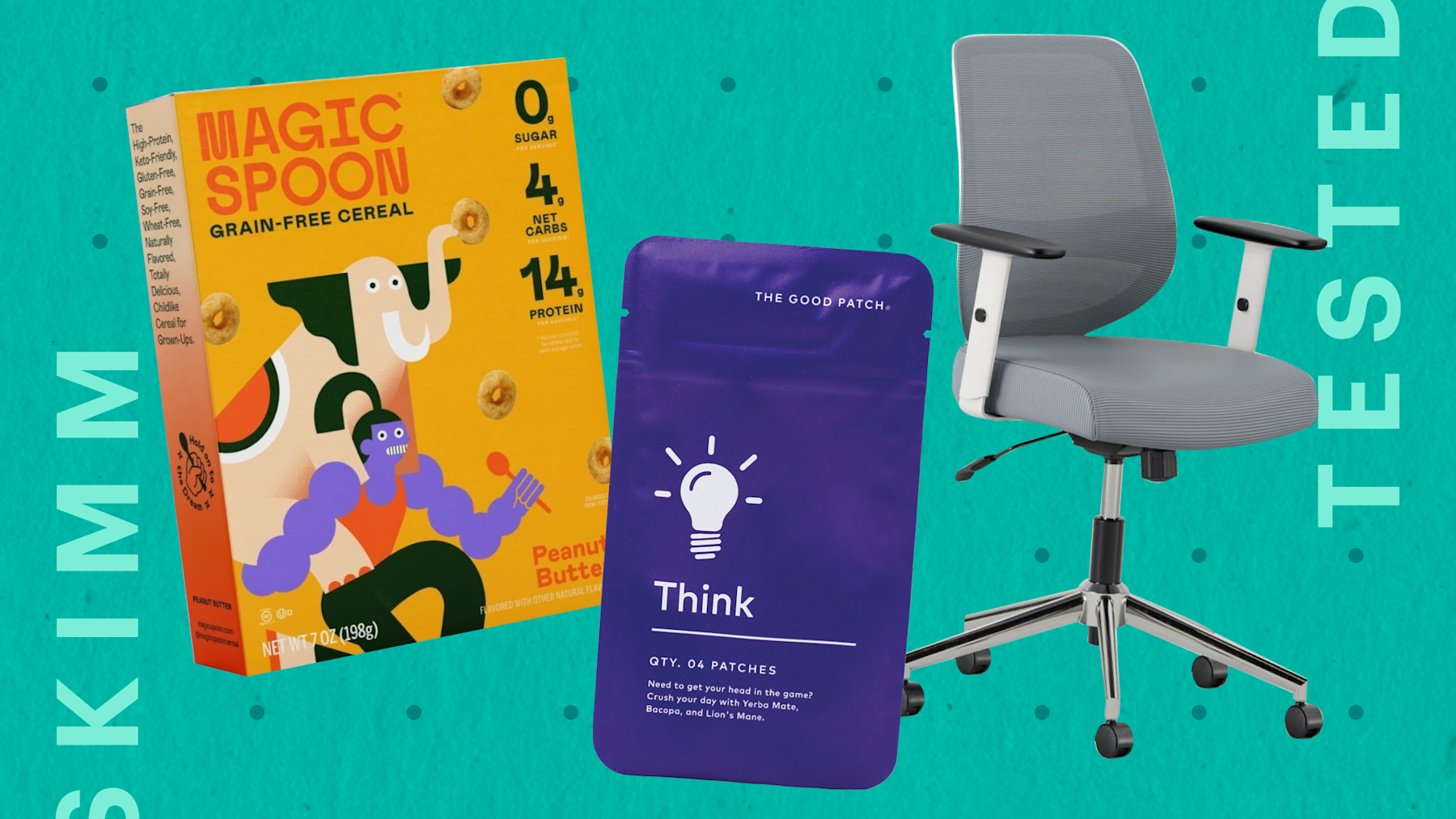| Sreemoy Talukdar brings you the essential cheat sheet on foreign affairs covering India and the world |  | | In an eventful week, no sooner did the embers of Quad die down that China unveiled its designs on Pacific Islands, sending Australia — a Quad member who has elected a new government after nine-year rule of the conservatives — scurrying for cover. Elsewhere, Blinken said US doesn't want a new Cold War with China in a major policy speech and former PM Imran Khan (pic above) pushed Pakistan further into chaos and unrest. | | TOP FIVE NEWS UPDATES | | Quad tides over Ukraine divergence, launches economic framework, satellite-based maritime initiative | | The fourth Quad Leaders' summit — the second in-person meet and the second since Russia invaded Ukraine — took place in Tokyo this week with new Australian prime minister Anthony Albanese flying to the venue just 24 hours since taking oath. The Quad leaders — prime minister Narendra Modi, US president Joe Biden, Japanese prime minister Fumio Kishida —appeared divergent on the war in Europe but were unanimous "in their response to China's belligerence as they strongly opposed 'any coercive, provocative or unilateral actions that seek to change the status quo' in the Indo-Pacific, observes Indian Express in its report, adding, "while Washington and Tokyo were vocal in their criticism of Moscow — both US President Joe Biden and Japanese PM Fumio Kishida named Russia in their public statements — India and Australia did not do so in their opening statements at the summit." However, to reduce the Quad summit to the differences over Ukraine would be a misreading. As Biden said in his opening remarks, "We've shown that Quad is not just a passing fad, we mean business." The leaders on pledged to extend more than $50 billion of infrastructure assistance and investment in the Indo-Pacific over the next five years to drive productivity and prosperity in the region. The other big-ticket announcement was the launch of 'Maritime Domain Awareness initiative', "designed to help countries in the region boost maritime capabilities to tackle human and weapons trafficking, illegal fishing and Chinese maritime militias. The militias are supposedly engaged in commercial fishing but instead enable Chinese coast guard and naval activity," reports Financial Times. In a joint statement, the four leaders called a "force for good" that is "committed to bringing tangible benefits to the region" "at a time of profound global challenges"… "making the region more resilient for the 21st century." And a day ahead of the summit, India joined the US-led Indo-Pacific Economic Framework (IPEF), a US-led economic initiative that seeks an open, inclusive, interconnected and secure Indo-Pacific for sustainable growth of the region. Negotiations for the IPEF, involving a dozen initial partners: Australia, Brunei, India, Indonesia, Japan, Republic of Korea, Malaysia, New Zealand, the Philippines, Singapore, Thailand, and Vietnam that represent 40% of world GDP, was launched on Monday. However, though it seeks to lay down the rules for trading in Indo-Pacific, it is not, as The Hindu reports "a free trade agreement, nor are countries expected to discuss reducing tariffs or increasing market access." There was some excitement when Chinese and Russian fighter jets carried out joint flights near Japan on Tuesday as leaders of the Quad bloc met in Tokyo. | | Albanese the new PM as Australians throw out Morrison's conservatives after 9 years | | While the Quad leaders were about to meet in Tokyo, Australia elected a new centre-left prime minister ending decades of rule by conservatives. According to CNN, "Australian voters have delivered a sharp rebuke to incumbent Scott Morrison's center-right government, ending nine years of conservative rule, in favor of the center-left opposition that promised stronger action on climate change. Labor Party leader Anthony Albanese claimed victory on Saturday, though it was unclear as counting continued if his party would have the 76 seats required to form a majority." This is Australia's first Labor government in almost a decade. Albanese was sworn in and had to fly out almost immediately to attend the Quad summit in Tokyo. Penny Wong, who was sworn in as the new foreign minister, accompanied him to Japan. Wall Street Journal says "Albanese and his Labor Party ran a middle-of-the-road campaign that convinced enough voters to support them and eject former PM Morrison and his center-right coalition from power. But Albanese had to hit the ground running after it broke this week that China is "seeking to strike security and economic agreements with about 10 Pacific nations, dramatically expanding Beijing's cooperation with the region". According to Bloomberg, Australia's new PM, while speaking to a TV channel, said "said the deal with the Solomon Islands was only the start of the Chinese government's ambitions for the Pacific. 'We know that China sees that as the first of many which is the context of their foreign minister's visit to the region'." Albanese has already made it clear that his Labor government "will not bend to demands from China to reset the strained relationship" despite China's early overtures. Li Keqiang had earlier sent a congratulatory letter to Albanese following Saturday's election win. The Australian leader said he welcomed the message from Li but indicated little had changed in the government's view of China. "It is China that has placed [trade] sanctions on Australia. There is no justification for doing that and that's why they should be removed," accodring to Guardian. | | Wang Yi arrives in Solomon for 10-day diplomatic tour as Australia, China face-off in South Pacific | | Even as Quad leaders met in Tokyo and Australia elected a new leader, China wasn't sitting idle. It is quietly going about stitching a grand deal with Pacific nations — Australia and New Zealand's traditional security partners — to dramatically increase its own security influence. According to media reports, China wants 10 small Pacific nations to endorse a sweeping agreement covering everything from security to fisheries in what one leader warns is a "game-changing" bid by Beijing to wrest control of the region. A draft of the agreement obtained by The Associated Press shows that China wants to train Pacific police officers, team up on "traditional and non-traditional security" and expand law enforcement cooperation. As part of the move, Chinese foreign minister Wang Yi arrived Thursday at Solomon Islands on a 10-day diplomatic tour of the region. Wang will then proceed to Kiribati, Samoa, Fiji, Tonga, Vanuatu, Papua New Guinea and East Timor, according to China's foreign ministry. Wang leads a 20-strong delegation that comes amid growing concerns about Beijing's military and financial ambitions in the South Pacific region. China says the trip builds on a long history of friendly relations between Beijing and the island nations. But Australia scrambled to counter the move by sending its own foreign minister Penny Wong to Fiji to shore up support in the Pacific. Wong, who was sworn in on Monday, has promised Australia's aid and assistance to Pacific nations "won't come with strings attached." In a major speech delivered in Fiji on Thursday, reports Bloomberg, Wong said her country would "remain a critical development partner" for the Pacific in the years ahead, while blaming the former government in Canberra for undermining ties by neglecting "its responsibility to act on climate change." The Guardian has a useful primer on China's Pacific gameplan and Australia, New Zealand and the US are planning to counter it. | | We will shape strategic environment around Beijing, says Blinken in major China policy speech | | US secretary of state Antony Blinken, in a major, long-awaited speech outlining the Joe Biden administration's China policy, said on Thursday that the US will seek to influence China's behavior by shaping the world around Beijing in remarks that took direct aim at President Xi Jinping's performance leading the world's second-biggest economy, reports Bloomberg. "Under President Xi, the ruling Chinese Communist Party has become more repressive at home and more aggressive abroad… We cannot rely on Beijing to change its trajectory. So we will shape the strategic environment around Beijing to advance our vision for an open, inclusive international system." New York Times points out that "the speech was a much shorter, public version of the administration's classified strategy on China, which was largely completed last fall. U.S. officials have concluded that decades of direct economic and diplomatic engagement to compel the Chinese Communist Party to abide by the American-led order have largely failed, and Blinken asserted that the goal now should be to form coalitions with other nations to limit the party's influence and try to curb its aggressions in that way." According to Blinken, "China is the only country with both the intent to reshape the international order and, increasingly, the economic, diplomatic, military and technological power to do it," Blinken said in a speech laying out the administration's strategy on China. "Beijing's vision would move us away from the universal values that have sustained so much of the world's progress over the past 75 years." Biden had recently said in Tokyo that the US will intervene militarily if China seeks to take Taiwan by force. Speaking at George Washington University, Blinken sought to cool down the temperature by saying that the US remains committed to the one-China policy over Taiwan and that Washington does not support Taiwan's independence. However, he also added, "What has changed is Beijing's growing coercion, like trying to cut off Taiwan's relations with countries around the world, and blocking it from participating in international organizations," he said, calling the Chinese military's nearly daily activity near the island "deeply destabilizing." | | Imran gives Sharif govt six days to call elections as Pakistan descends into chaos | | Pakistan descended into chaos and civil unrest on Wednesday night after ousted former prime minister Imran Khan's supporters clashed violently with police, so much so that PM Shehbaz Sharif had to deploy the army in Islamabad. On Thursday, reports Dawn, Islamapabad police booked Khan, leader of PTI, and other leaders of his party in two separate cases over allegations of arson and vandalism in the capital the previous night. Pakistan's Supreme Court on Wednesday permitted Khan's party to hold 'Azadi march' near Peshawar Mor between the H-9 and G-9 area of Islamabad and restrained the government from arresting PTI workers, reports Hindustan Times. However, clashes between PTI workers and the police broke out in several places — in Punjab, Lahore and Karachi — before the march entered Islamabad. Reuters reports that police fired teargas, baton-charged and detained supporters of Khan — who has stoked anti-American sentiment and has called the Sharif government 'America's puppet' — to stop them from reaching the capital. A mob torched a prison van in Karachi after clashing with police, and another group of protesters set fire to several trees along a main thoroughfare in Islamabad, officials said. A defiant Khan warned Pakistan's government to set new elections in the next six days or threatened to march again on the capital along with 3 million people. In his address, he claimed that five of his supporters were killed in the violence across the country. While PM Sharif has said the National Assembly will decide the date of elections, his fumbling approach and Khan's simplistic narrative of foreign conspiracy seems to have turned Khan into a hero again from a hated figure just a few weeks ago. Meanwhile, Sharif government had to raise the price of petrol by Rs 30 (Pakistani rupee) so that it can resume receiving aid from a $6 billion package signed with the IMF in 2019, the country's finance minister said. | | | | | | | | | | TOP ANALYSES OF THE WEEK | | Quad meant not giving others a veto on India's choices: Jaishankar | | Union external affairs minister S Jaishankar writes in Hindustan Times that taking Quad "forward in a changing era demanded both confidence and application from Indian diplomacy… it has meant not giving other countries a veto on our choices." | | Maritime domain awareness is Quad's most promising initiative | | Zack Cooper of American Enterprise Institute and Gregory Poling of Center for Strategic and International Studies write in War on the Rocks that Quad's 'maritime domain awareness' partnership that will provide a new stream of data from commercial satellites to countries across the Indo-Pacific is "substantial addition to the Quad's agenda and one of its most promising initiatives to date." | | Quad's success will depend on whether it can deliver on promises quickly | | ORF vice-president Harsh Pant writes in Hindustan Times that Quad's long-term sustenance will depend on whether it can move beyond the initial excitement generated by high-level summitry and deliver tangible results for regional states that are keen to reduce their reliance on China, but lack credible alternatives. | | Why Biden's Taiwan 'gaffe' is a smart strategy | | Joe Biden said recently that the US would intervene militarily if China attempts to take Taiwan by force — the third time he has said something that is at odds with America's policy of strategic ambiguity on Taiwan. Writing on that, Hal Brands argues in Bloomberg that Biden's comments are starting to seem like a deliberate effort to strengthen deterrence without incurring all the costs of formally changing America's stance. | | Biden's real 'gaffe' is not including Taiwan in IPEF | | Wall Street Journal in an editorial writes that Joe Biden's big blunder is not including Taiwan in the new Indo-Pacific Economic Framework. The exclusion of Taiwan makes no sense if you're trying to show the U.S. commitment to the region. | | IPEF will bring some immediate benefits for India: Montek Ahluwalia | | On India's joining the negotiation stage of US-led Indo-Pacific Economic Framework, former deputy chairman of Planning Commission Montek Singh Ahluwalia writes in Livemint that apart from geopolitics, the group will also produce many immediate benefits on the economic front in terms of cooperation in investment and technology development for clean energy. | | On Pacific Islands, China is moving from bilateralism to multilateralism | | On China's move to draw in the strategically important Pacific Islands into an elaborate security framework, Anna Powles of New Zealand's Massey University writes in Guardian that the leaked draft of the agreement reveals an evolution in how China engages with the Pacific, shifting from Beijing's preferred bilateral mode of engagement, to multilateralism. | | US should reject Finland, Sweden's bids to join NATO | | Sumantra Maitra of the Center for the National Interest, US, and an Associate Fellow at the Royal Historical Society, UK, writes in his paper for Center For Renewing America that Finland and Sweden are following their own interests in Europe and the US must follow her own interests and reject their addition to NATO. | | What Putin has in common with liberals | | With liberal pundits bedecking their Twitter profiles with blue and yellow bunting, declaring the inviolability of Ukraine's borders, Aris Roussinos wonders in Unherd whether nationalism has become acceptable again in polite society. | | Pakistan's support for Taliban has come back to bite it, again | | Husain Haqqani, former Pakistan ambassador to the US and now a director for South and Central Asia at the Hudson Institute, writes in Foreign Affairs that not for the first time, Pakistan's support for the Taliban has come back to bite it. Islamabad's assiduous efforts to secure international recognition and economic assistance for the Taliban regime have had little success. | | PODCAST WATCH | | China's doesn't know how to counter the Quad | | James Carafano and Jeff Smith of The Heritage Foundation discuss Quad and US-India ties in Stratnews Global editor Nitin Gokhale's podcast, The Gist. Among other points, they point out that when it comes to the Quad, China is stuck. If it pushes too hard, India will come closer to the grouping and if it doesn't say anything, the grouping would develop organically anyway. The full episode is highly recommended. | | | | Copyright © 2022.Firstpost - All Rights Reserved. | |














